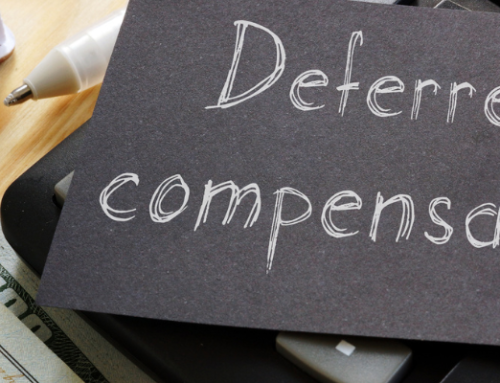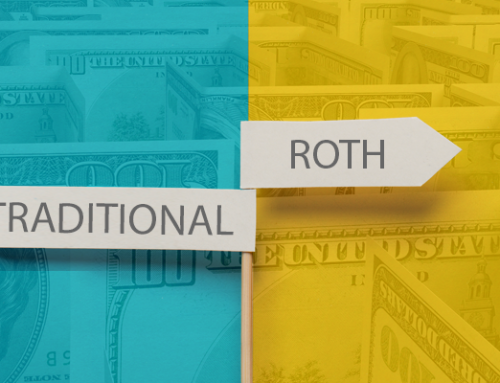In today’s business environment, where every decision has far-reaching consequences, integrity is more than just a value—it’s the foundation of lasting success. Whether you’re a business owner, an executive, or a stakeholder, the integrity of those you work with directly impacts your company’s reputation, performance, and future.
Let’s explore a few scenarios that illustrate why integrity is essential in business relationships and how it ensures the best outcomes for all parties involved.
Scenario 1: The Tempting Shortcut
Consider a situation where your business is under pressure to meet financial targets, and a seemingly easy solution presents itself—recording future sales to boost your quarterly results.
The Dilemma:
It’s tempting to take the shortcut, especially when the stakes are high. However, this approach risks misleading stakeholders and could have serious legal and financial repercussions down the line.
The Insight:
True business integrity means resisting the temptation to manipulate figures for short-term gain. Instead, it’s about finding sustainable solutions that reflect the real state of your business. By prioritizing honesty and accuracy, you build trust with stakeholders and set the stage for long-term success.
Scenario 2: The Overly Generous Estimate
Imagine your company has been using optimistic estimates to maintain a positive financial outlook. When questioned, the reasoning is that the numbers are “justifiable,” and adjusting them would hurt the company’s image.
The Dilemma:
While it might seem harmless, relying on overly generous estimates can create a false sense of security and mislead investors, creditors, and other stakeholders.
The Insight:
Integrity in business means ensuring that all financial reporting is accurate and based on realistic assumptions. This honesty builds confidence among stakeholders and protects your company from potential risks. It also enhances your reputation as a reliable and transparent organization, which is invaluable in the business world.
Scenario 3: The Friendly Favor
Consider a scenario where a close business associate asks you to overlook a small, undocumented transaction. It’s a minor request, and they assure you it’s a one-time thing.
The Dilemma:
Overlooking even a small irregularity can set a dangerous precedent and erode the trust that others place in you.
The Insight:
Integrity is about upholding consistent standards, regardless of the size or significance of the issue. By ensuring that every transaction is properly documented and above board, you maintain the integrity of your operations and reinforce your commitment to ethical practices. This consistency strengthens your relationships and protects your business from future complications.
Scenario 4: The Conflicting Interest
Imagine you’re in a position where you have a personal interest in the outcome of a business decision. You discover that your interests could conflict with what’s best for the company or its stakeholders.
The Dilemma:
This conflict of interest puts you in a difficult position. Should you prioritize your own interests, or should you act in the best interests of the company?
The Insight:
Integrity requires transparency and objectivity, especially when personal interests are involved. Disclosing conflicts of interest and, if necessary, recusing yourself from the decision-making process ensures that the company’s interests are protected. This approach fosters trust and demonstrates that ethical considerations are paramount in your business dealings.
Conclusion: The Role of Integrity in Sustainable Business Success
Integrity isn’t just a virtue; it’s a strategic asset that underpins every successful business relationship. In a world where trust is hard-earned and easily lost, maintaining high ethical standards is essential for building long-term partnerships, protecting your company’s reputation, and ensuring sustainable growth.
By prioritizing integrity, you not only navigate ethical challenges with confidence, but you also position your business as a trustworthy and reliable partner in the eyes of your clients, employees, and stakeholders. In the end, it’s this unwavering commitment to doing what’s right that sets truly successful businesses apart.
When integrity is at the heart of your business, you build a legacy of trust that will carry your company forward, no matter what challenges the future may bring.





